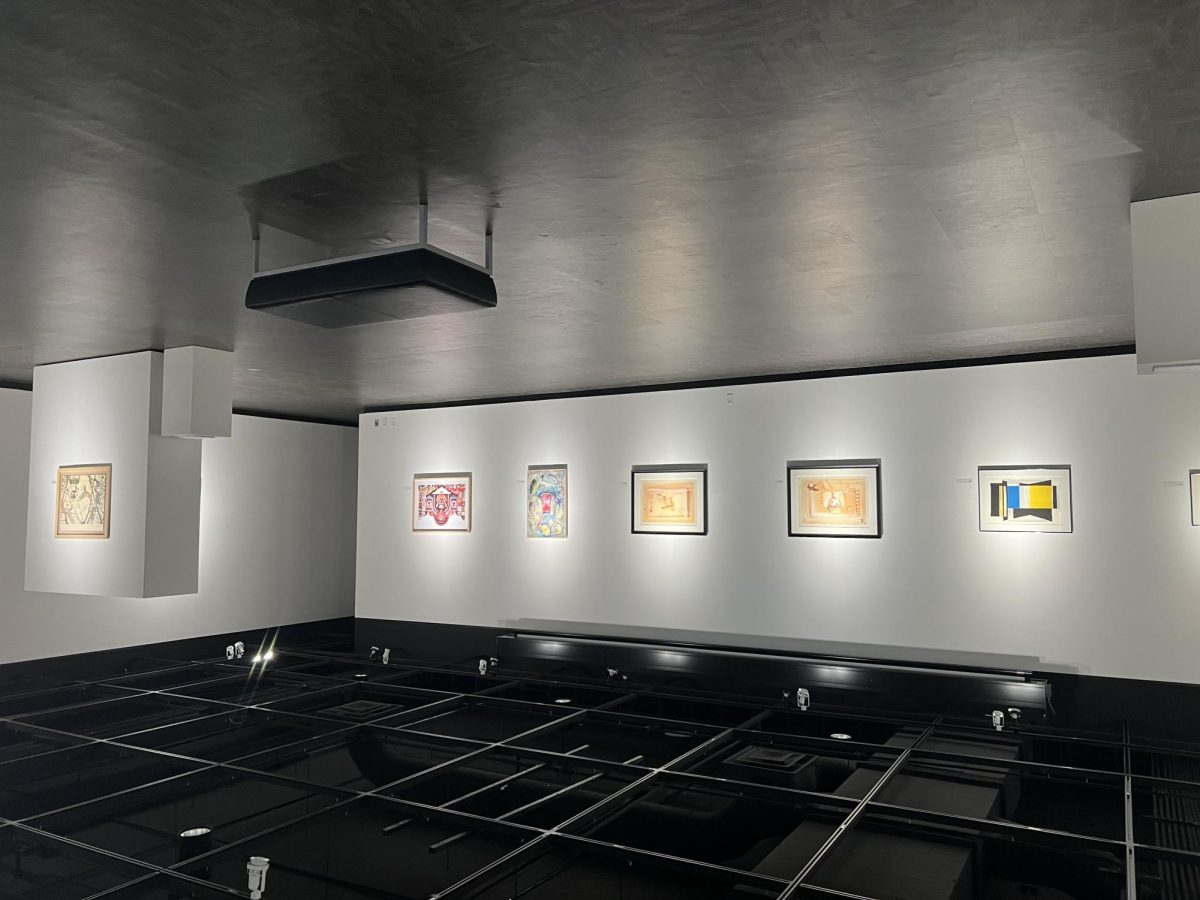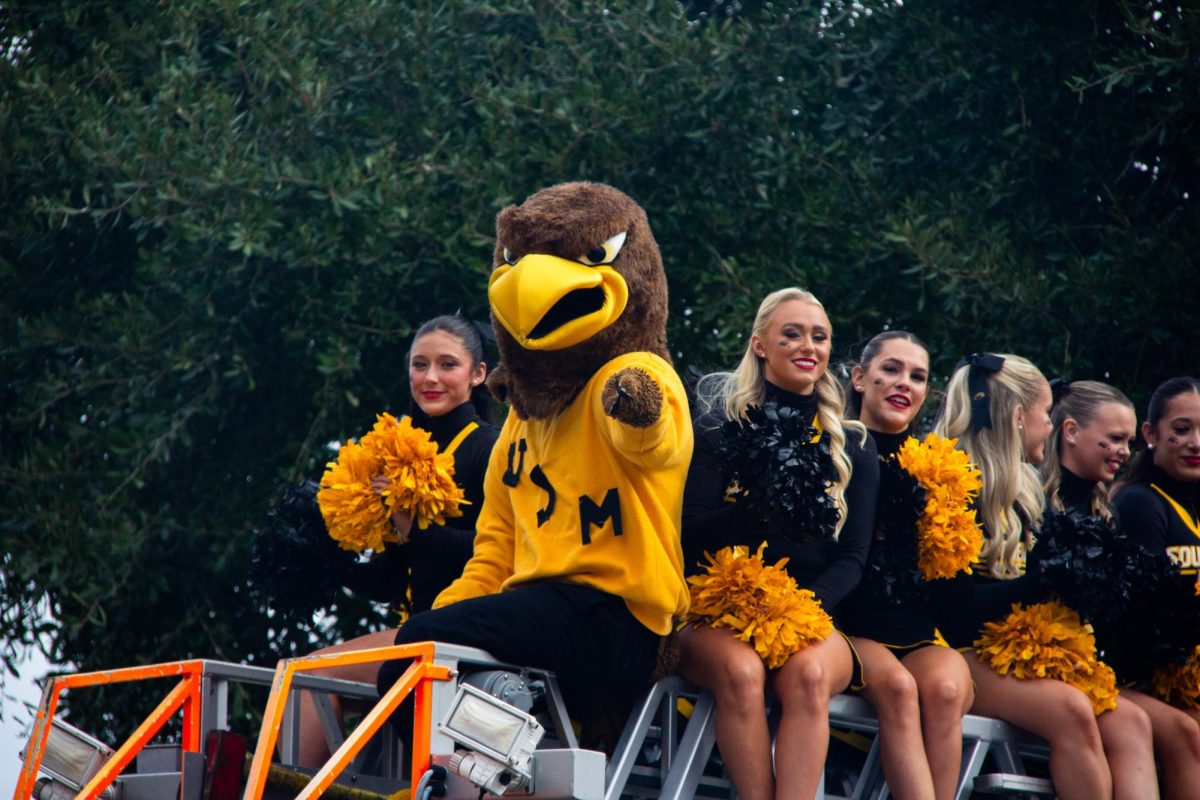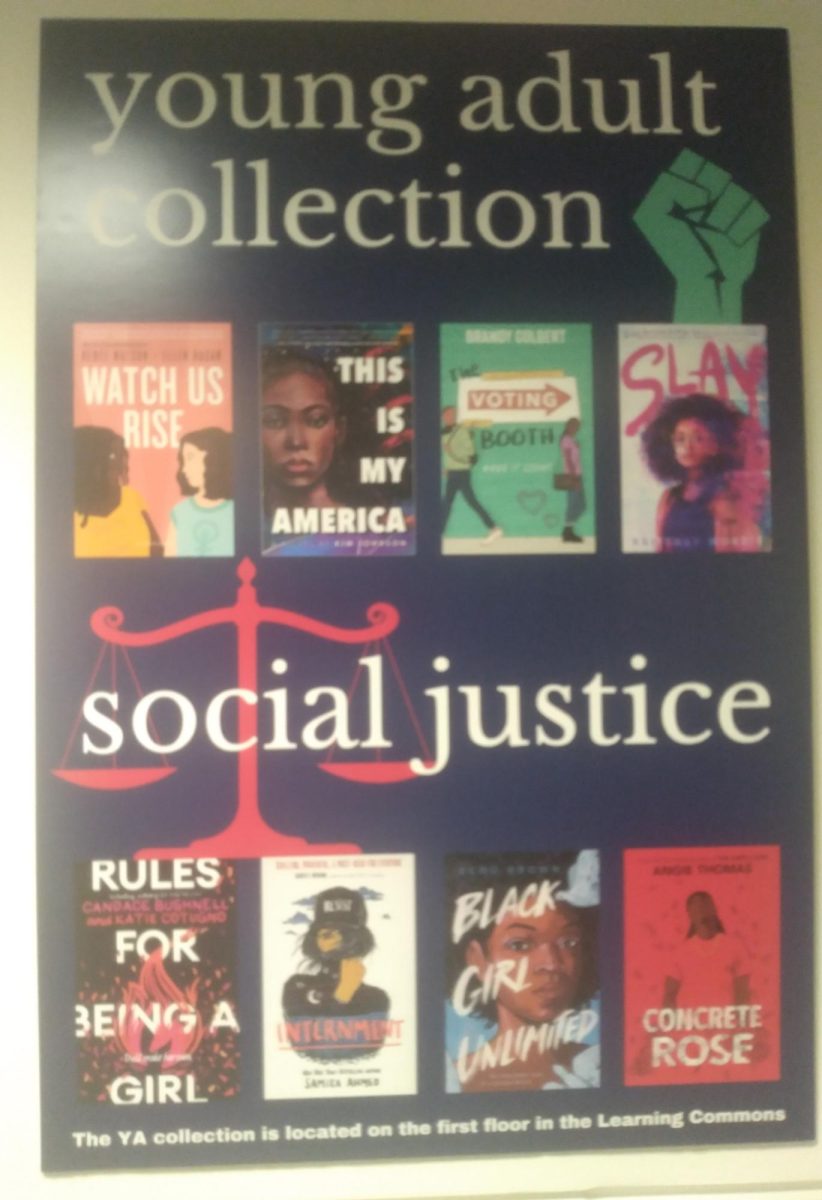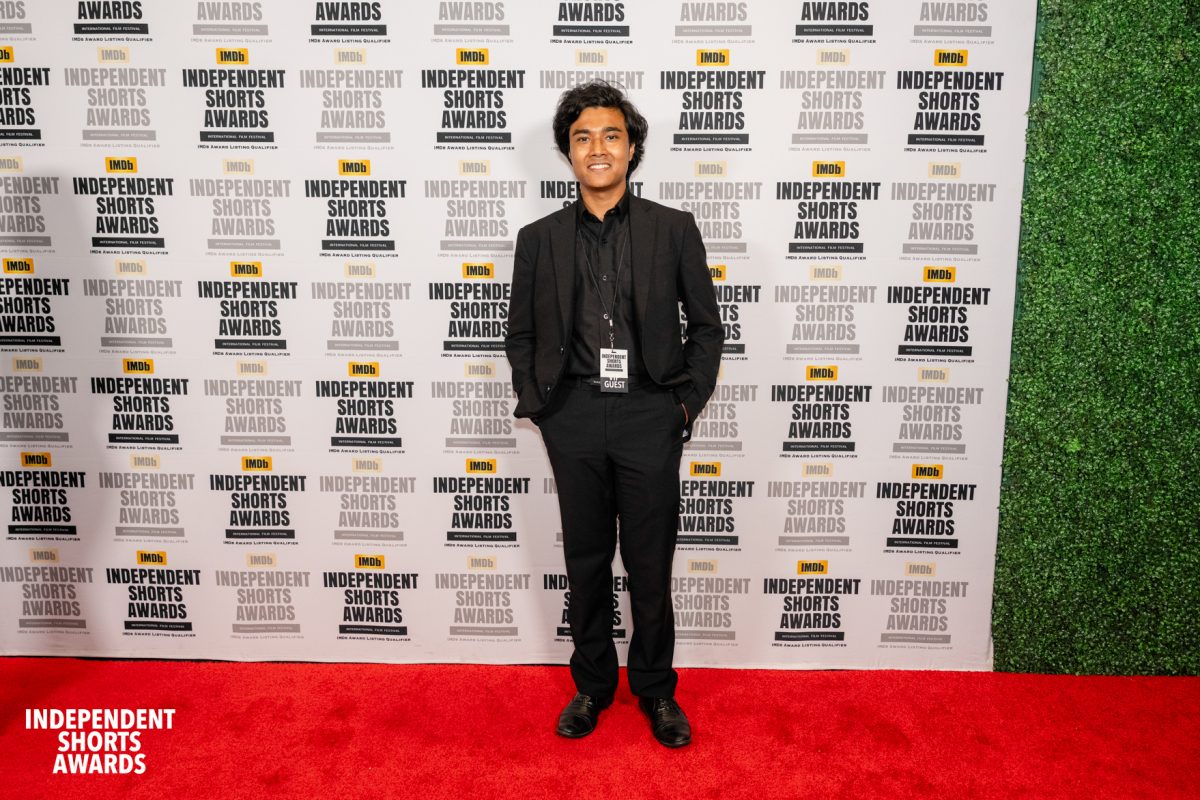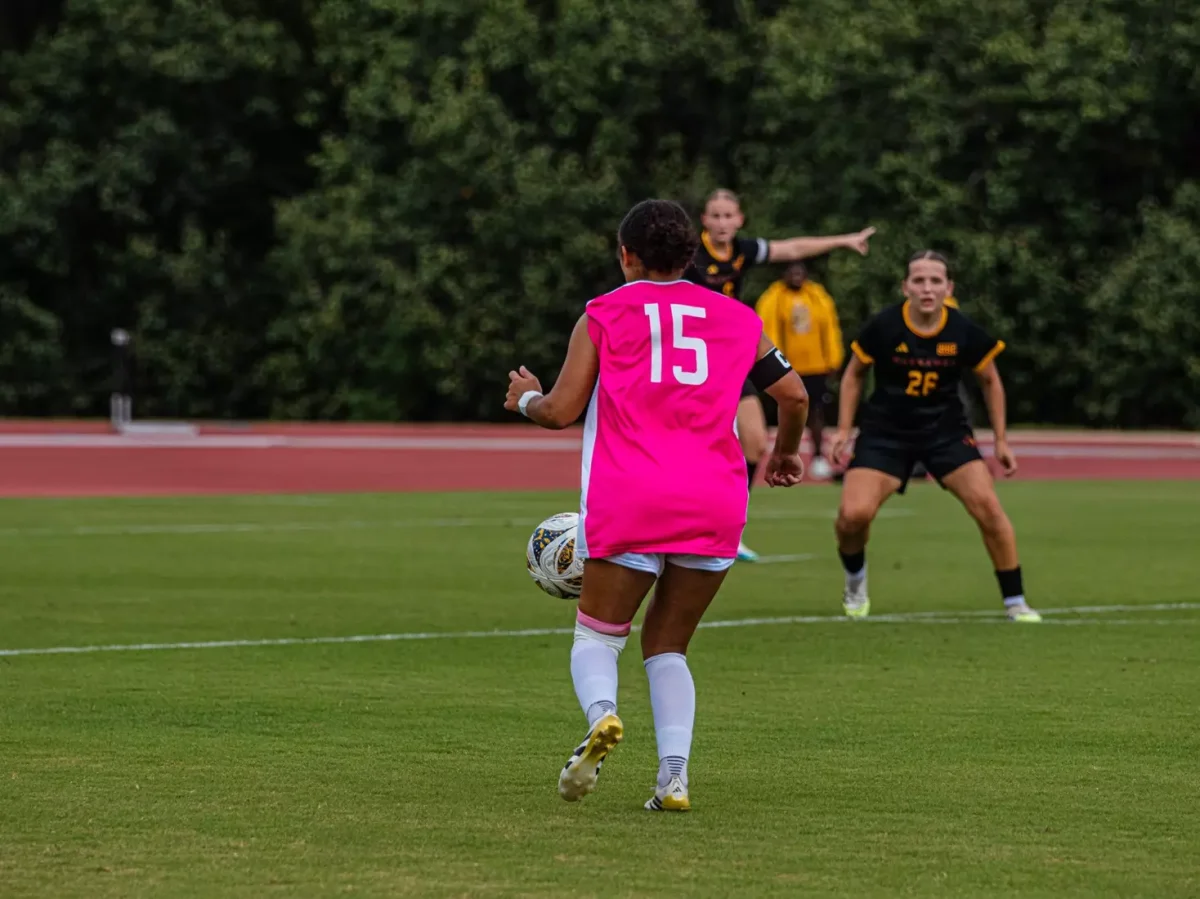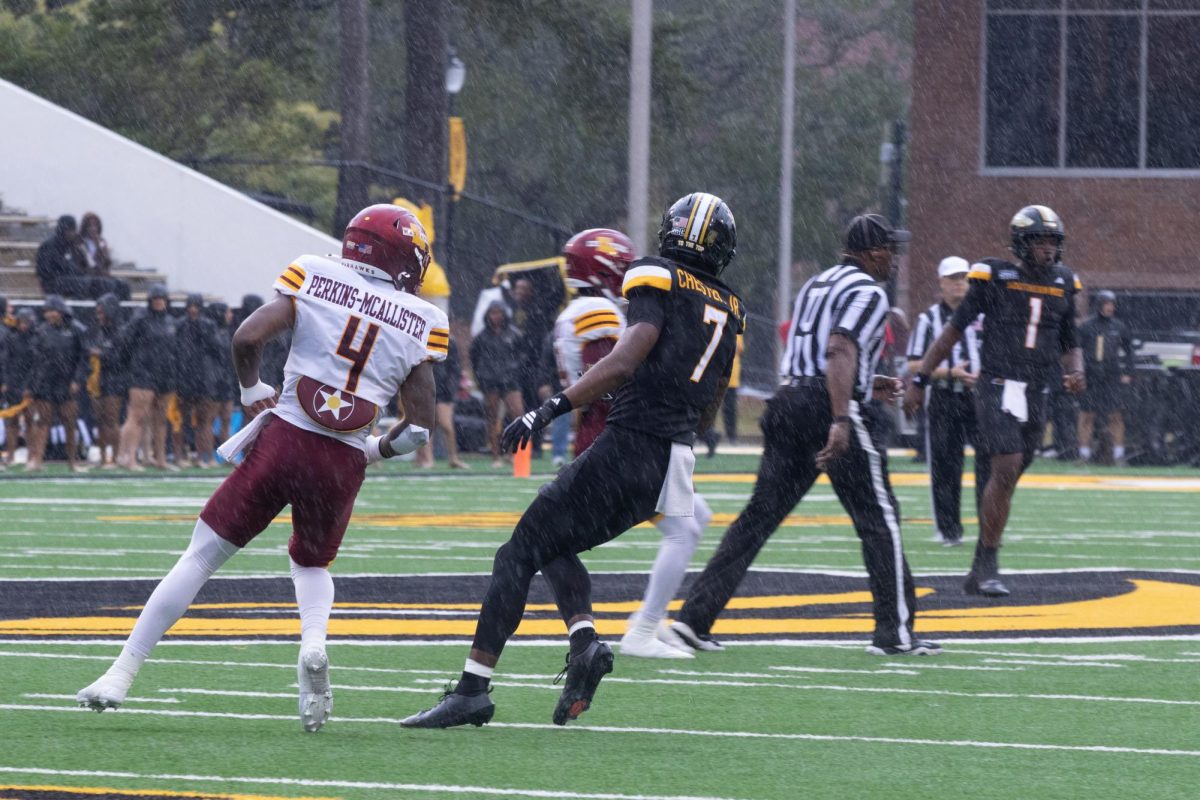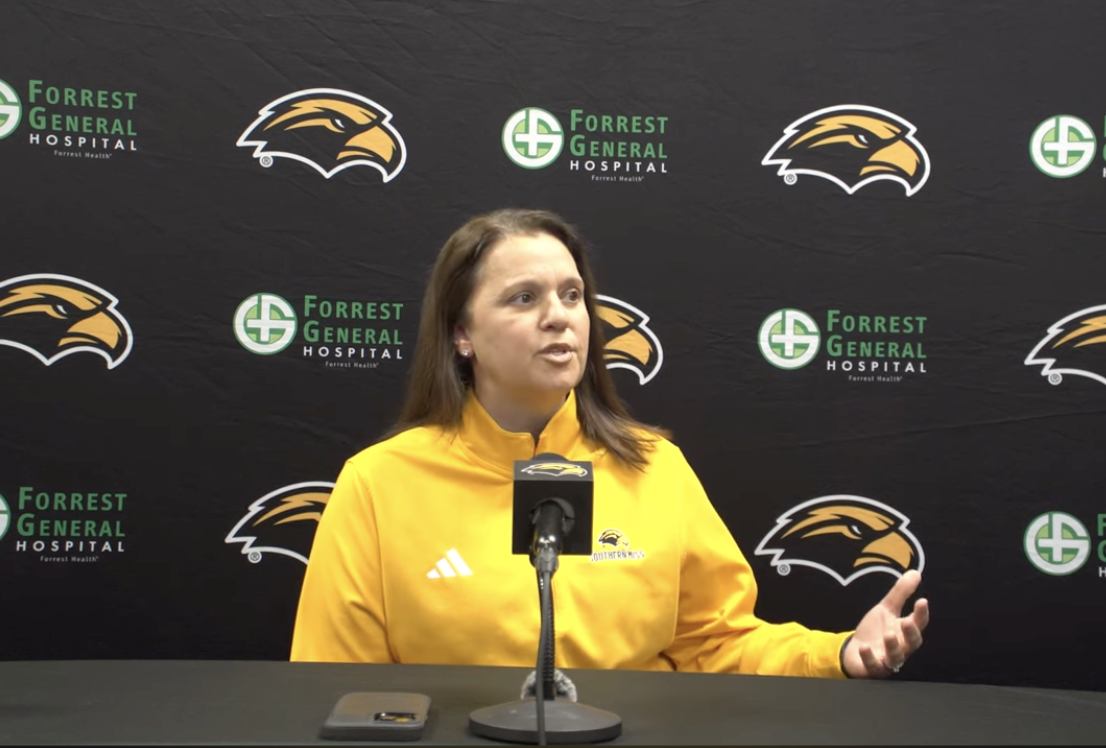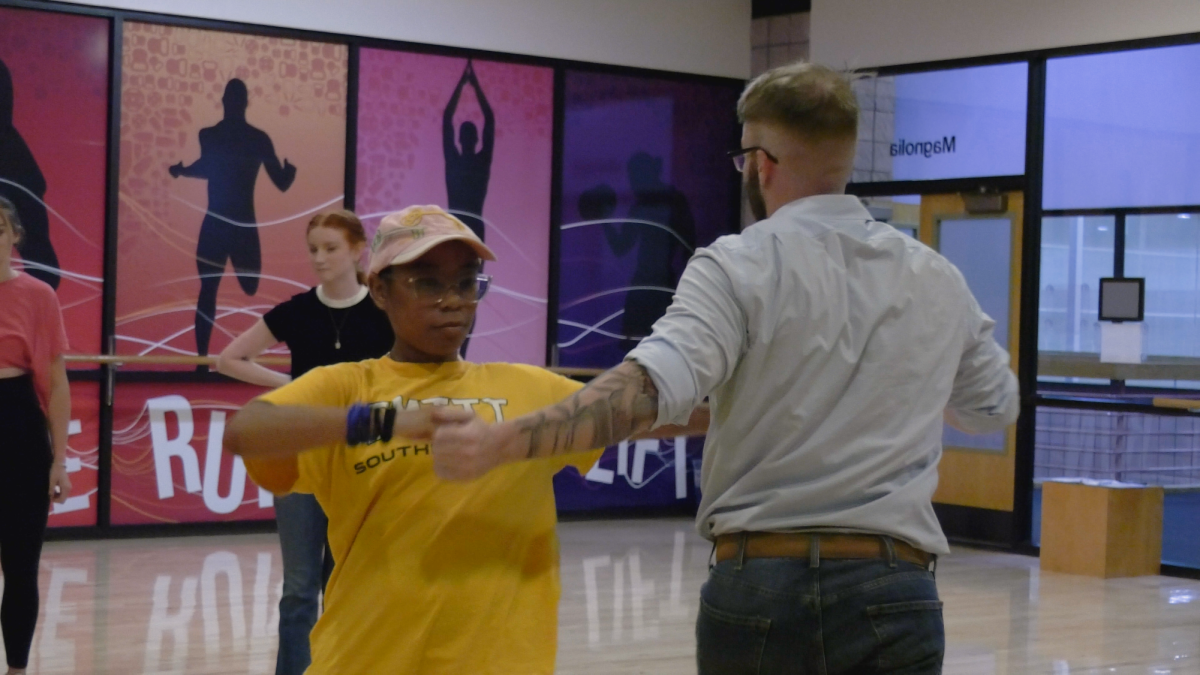On Tuesday, the Liberal Arts Building screened “Eyes on Mississippi,” a documentary on legendary Mississippi journalist Bill Minor.
“Eyes on Mississippi” examines the major life events and career efforts of Minor. He began his career in 1947, including coverage of the Civil Rights Movement in Mississippi for The Times-Picayune in New Orleans.
Ellen Ann Fentress, the docu- mentary’s director and producer, was bestowed with a pre-screening reception in the Liberal Arts Building lobby where history enthusiasts and others interested in Minor’s story mingled. Fentress compiled major and minor events that Minor covered in not only Mississippi, but all over the world during his role as a journalist. For three years, Fentress visited Mi- nor to shoot videos in the making of the documentary until she was able to put together an hour-long historical memoir of Minor’s life.
Minor was presented the Har- vard University’s Louis Lyons Award for Conscience and Integ- rity in Journalism in 1966 and re- ceived Columbia University’s John Chancellor Award for Excellence in Journalism in 1997. At age 93, he is one of the country’s oldest working journalists.
“This is a fantastic story that is long overdue for a treatment,” said Fentress. “Bill lived an amaz- ing life being a witness to all of these events.”
Fentress saves 40-plus hours of film for her other intended projects. “He’s taken me from 1947 on to the present time, and for all these events, he has been an eye wit- ness,” she said. “He was in the car taking John Kennedy to the airport in Jackson in 1957, he’s had a pri- vate meeting with J. Edgar Hoover and for an assignment, he went to William Faulkner’s house at 10 o’clock to drink bourbon one night in the late ‘50s.”
Fentress said that Minor had many prominent friends, includ- ing Civil Rights Movement activist Medgar Evers.
“The film reveals how important that relationship was to him and Mr. Evers,” Fentress said.
During his reporting era with The Times-Picayune, Minor made vital achievements, quietly reporting for The New York Times and Newsweek. He was often one of the only journalists on the scene as historic events took place. Minor narrated news for nearly seven decades in Mississippi during his time as a journalist. He believed that the more eyes there were on Mississippi, the more pressure there would be for transformation.
As a continued effort to publicize Minor’s motives, Fentress created a tax-deductible charity called the Eyes on Mississippi Fund that al- lows supporters to donate toward Minor’s work. Upon his retire- ment from The Times-Picayune in 1976, Minor had ability to take on opportunities in places across the country. Instead, Minor chose to remain in Mississippi and start the Alternative Weekly in Jackson, where Fentress worked for Minor’s newfound production.
“Capturing this story needed to be done and I am so happy we’ve been able to document the story for future generations,” said Fen- tress. “There is an awareness that World War II, in which Bill was a Navy officer, was the greatest gen- eration and some people from then are not going to be here forever, so it’s important to capture stories right now.”
Included in the film are iconic civil rights lawyer John Doar, New York Times journalist Claude Sitton, civil rights leaders Myrlie Evers-Williams and Dr. Robert Smith, former Mississippi Gov. William Winter, Pultizer Prize winner Hank Klibanoff and The Times-Picayune editor Jim Amoss. What Fentress calls the “five-year labor of love,” the 66-minute film draws on antique im- ages and footage from 16 archives across the U.S. The documentary covers events from the 1940s to 1964, to the Freedom Summer murders in Neshoba County.
Fentress hopes that the documentary will gain national attention, as she plans for a sequel to the documentary that resumes the story in 1965 with the Voting Rights Act.
“I am interested in what local people did to advance civil rights in Mississippi, because it was such a hot bid for activism for both the white supremacists and African Americans,” said Hayden McDaniel, research associate for the Center for Oral History and Cultural Heritage. “To piece all these people that made such a huge contribution together gives us a better picture of what activism looked like in Mississippi.”
Fentress co-wrote the documentary with Lida Gibson, who served as film editor. The Mississippi Humanities Council, the Community Foundation of Greater Jackson and numerous private supporters provided funding for the project.
This event is sponsored by the university’s School of Mass Communication and Journalism, Department of History, the Center for the Study of the Gulf South and the Center for Oral History and Cultural Heritage.

